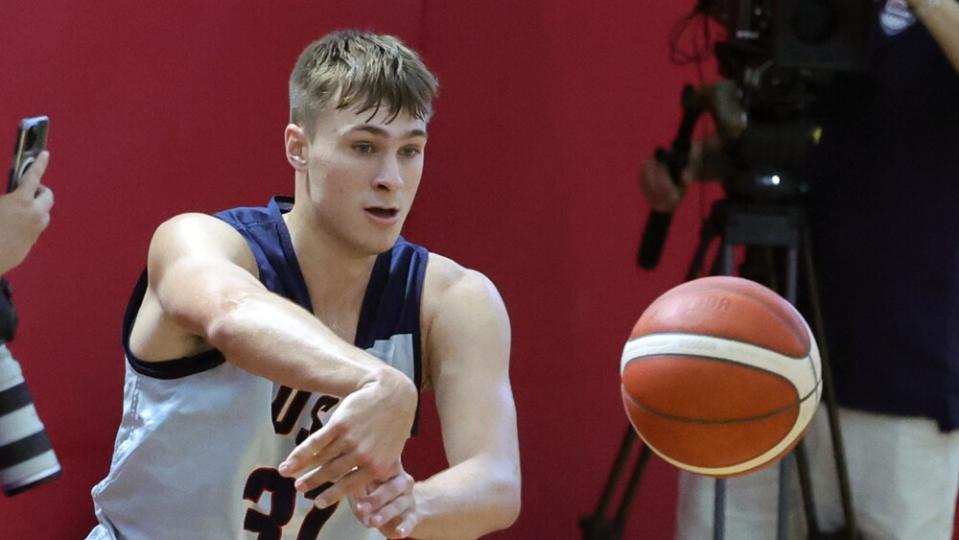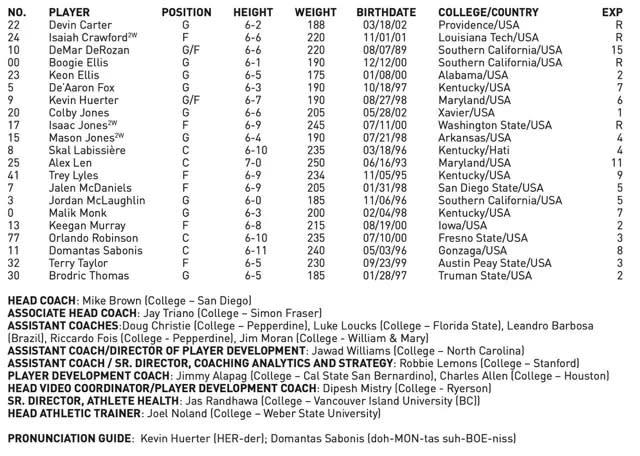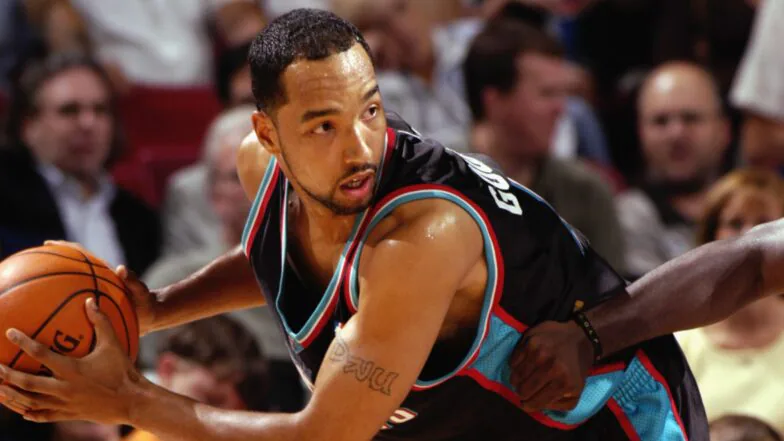The Key Role Mitchell Robinson Could Play for the Knicks in the 2024-25 NBA Season
The Knicks’ recent decision to extend Precious Achiuwa's contract for another year, worth $6 million, has solidified the team's roster and rotation for the upcoming 2024-25 season.
Mitchell Robinson will be the Knicks’ starter at center for the fifth straight year, and he faces a significant amount of pressure. Robinson hasn’t been able to stay on the floor, missing 125 games the last four seasons. The six-year veteran was out for seven playoff games this year.
It’s a concern for a Knicks team with championship hopes. If Robinson suffers another long-term injury, the Knicks have very little to replace him in Achiuwa and third-string center Jericho Sims. The Knicks no longer have Isaiah Hartenstein to fill in, as he'd done the past two seasons.
Robinson’s inability to stay on the floor opened up an opportunity for his understudy Hartenstein to thrive as a starter. As the Knicks tried to re-sign Hartenstein, Robinson’s name came up in trade talks. The Knicks will miss Hartenstein for depth reasons, but also because he had evolved into a well-rounded offensive contributor. Hartenstein was a great playmaker out of the short roll. He eased the pressure that star Jalen Brunson was facing when defenses went to traps and double teams. Hartenstein also had developed a nifty floater in the lane.
Robinson can’t do what Hartenstein does on offense, but when he is healthy, he offers a unique combination of athleticism and physical ability that is hard to replicate. Robinson is arguably the best offensive rebounder in the NBA. Teams often have to game plan to keep the seven-footer off the offensive glass.
Defensively, he is one of the most intimidating centers in the paint, racking up deflections and limiting shots. Though his block numbers have dropped off, Robinson has actually become a more fearsome defender, and he fouls less often than earlier in his career. Robinson’s 7-foot-4 wingspan creates problems for teams. It was notable in the first round of the 2023-24 playoffs with how well the 26-year old defended Philadelphia 76ers star Joel Embiid individually.
Robinson does have his weaknesses, though. He has little impact on offense outside of screening, rebounding, and finishing easy baskets around the rim. A career 51.8 percent free-throw shooter, Robinson has actually gotten worse, shooting a career-low 40.9 percent last season. That will always make it hard for the big man to stay on the court in the closing moments of a game.
On defense, he’s uncomfortable getting out to the perimeter and contesting outside threats. Eastern Conference contenders like the Boston Celtics (Kristaps Porzingis and Al Horford) and the Milwaukee Bucks (Brook Lopez) have centers who space the floor.
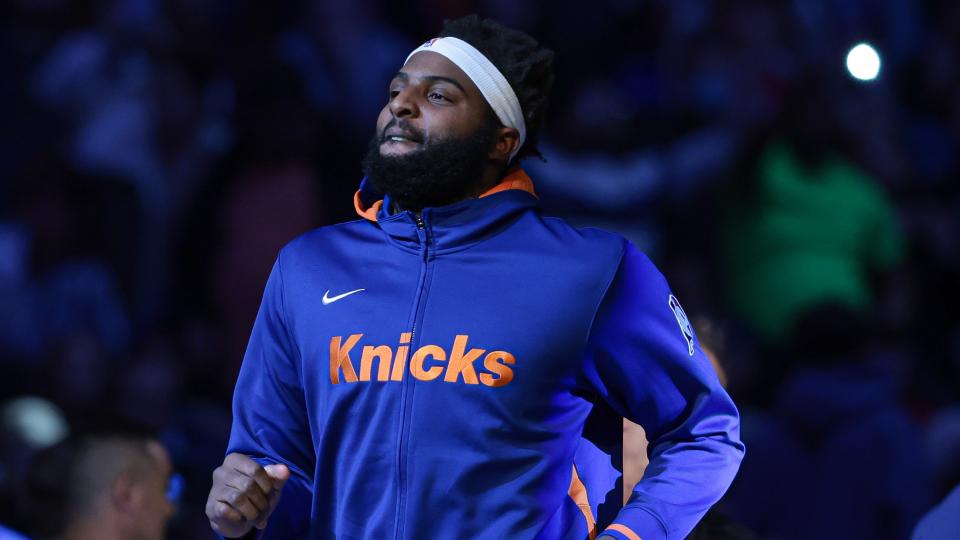
How to enhance Robinson’s game
On defense, Robinson being on the floor with Mikal Bridges and OG Anunoby should be special. Despite his lack of skill on offense, Robinson is a vertical threat. It feels like New York has failed to utilize that skill. When he first entered the NBA, Robinson was a rim runner with elite athleticism. But in the Tom Thibodeau era, he’s often been glued to the floor.
Robinson converted just 16 alley-oops last season, according to NBA Stats, and finished 39 lobs in 59 games during the 2022-23 season. In his second season (2019-20), Robinson had 88 alley-oop finishes in 61 games.
The Knicks could create more opportunities to use Robinson as a lob threat out of the pick-and-roll. With corner three threats like Anunoby, Bridges, and Donte DiVincenzo on the floor, Robinson should have more room around the rim to catch and finish.
The Achiuwa deal also gives the Knicks some flexibility in-season.
Achiuwa waived his no-trade clause in the deal, allowing New York to move his salary before the February trade deadline if they so choose. If Robinson’s play is lackluster, or he suffers another injury, the Knicks can look for a center who can start long-term or split minutes with him, like Clint Capela.
But if the Knicks want to reach their peak, a healthy Robinson who can make an impact on both sides of the ball will be needed.
RELATED STORIES
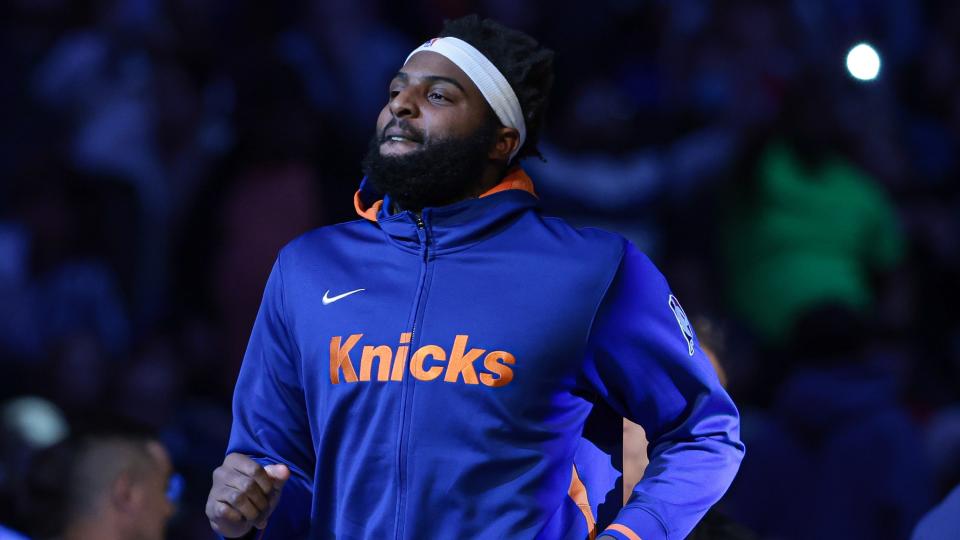
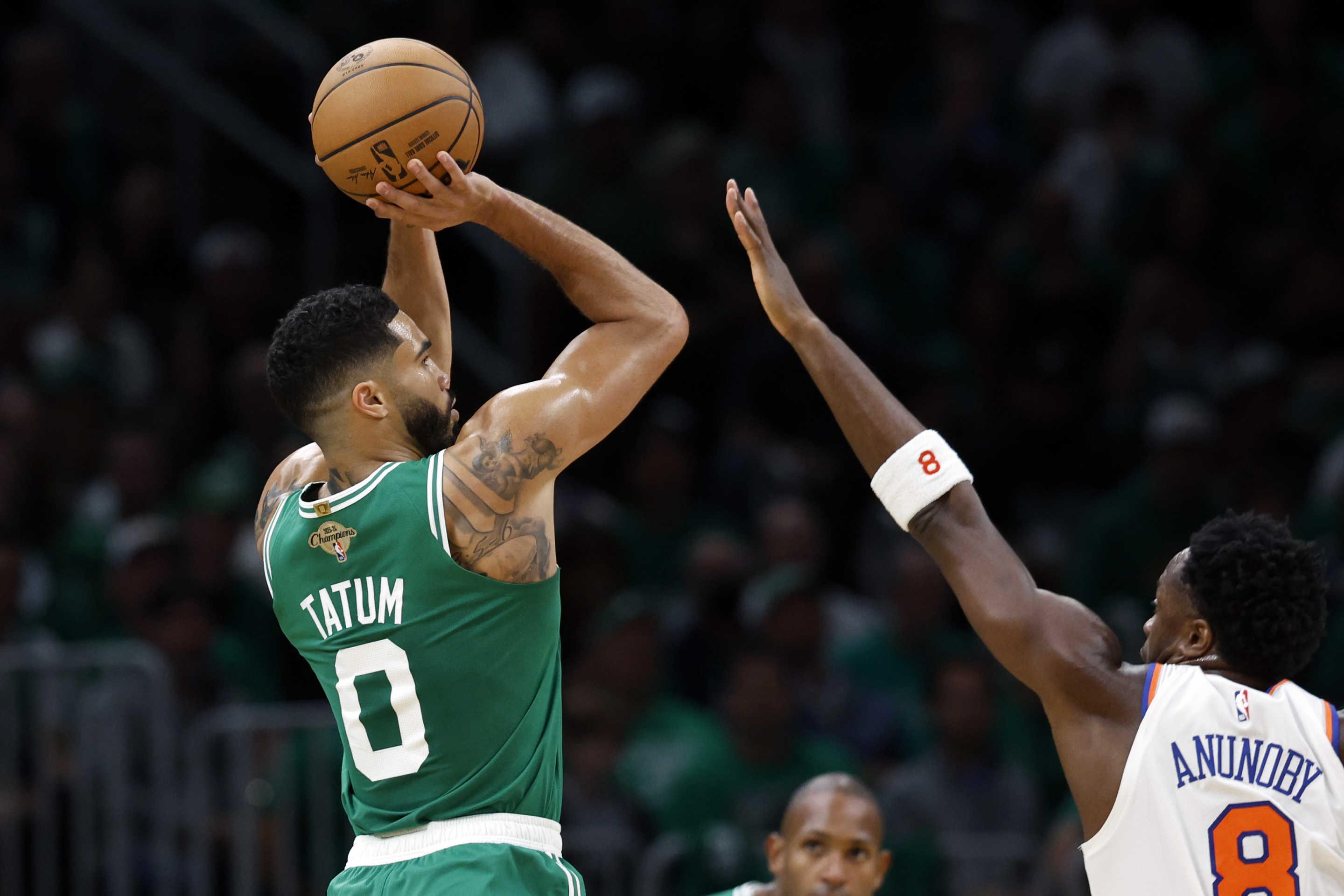




LATEST NEWS

